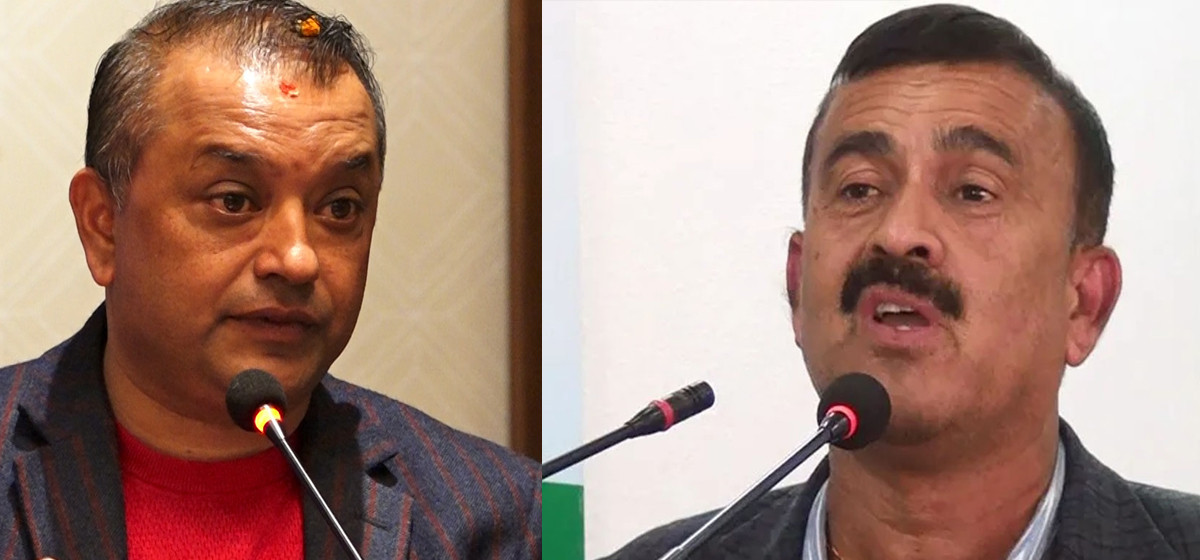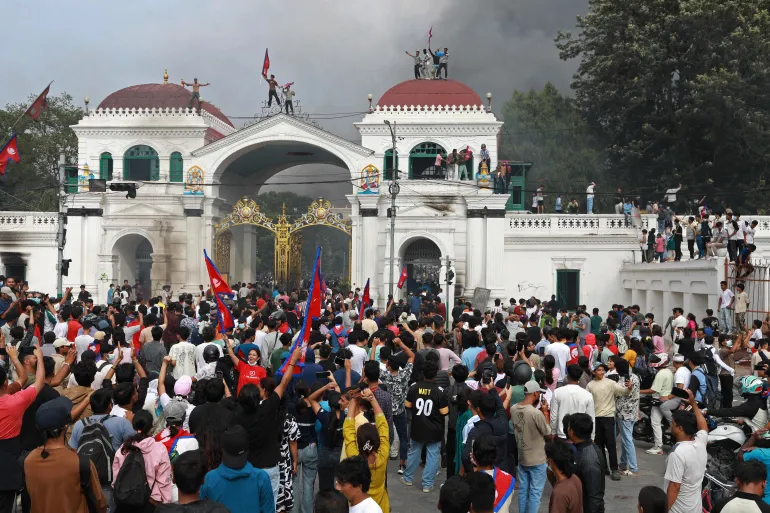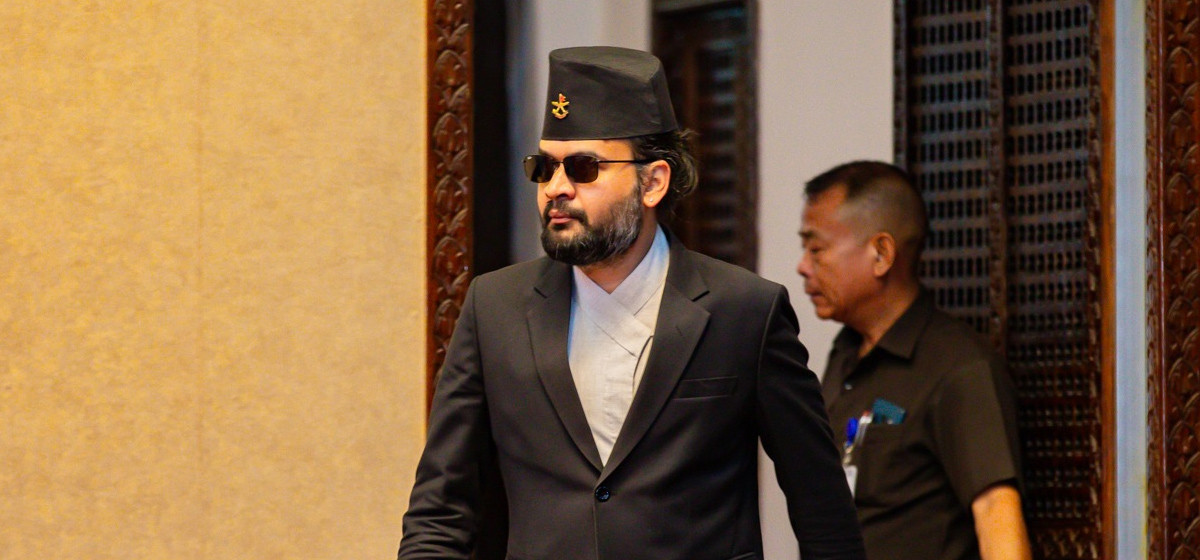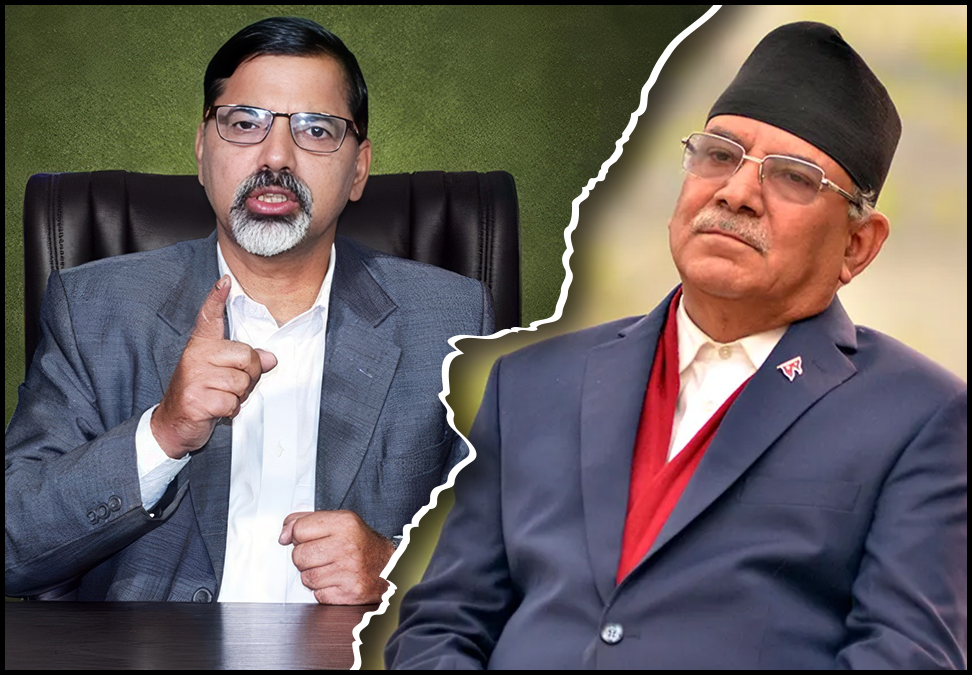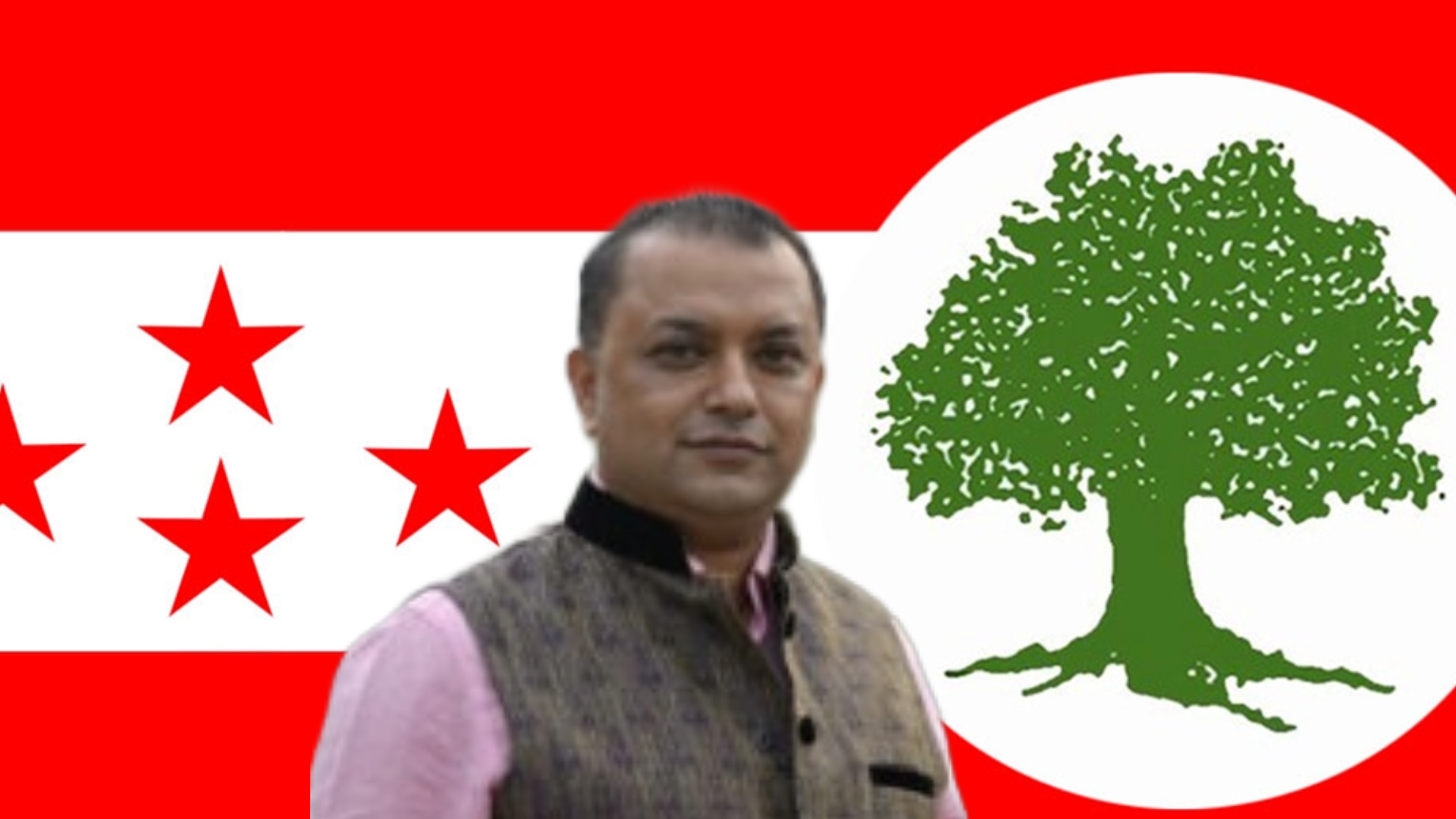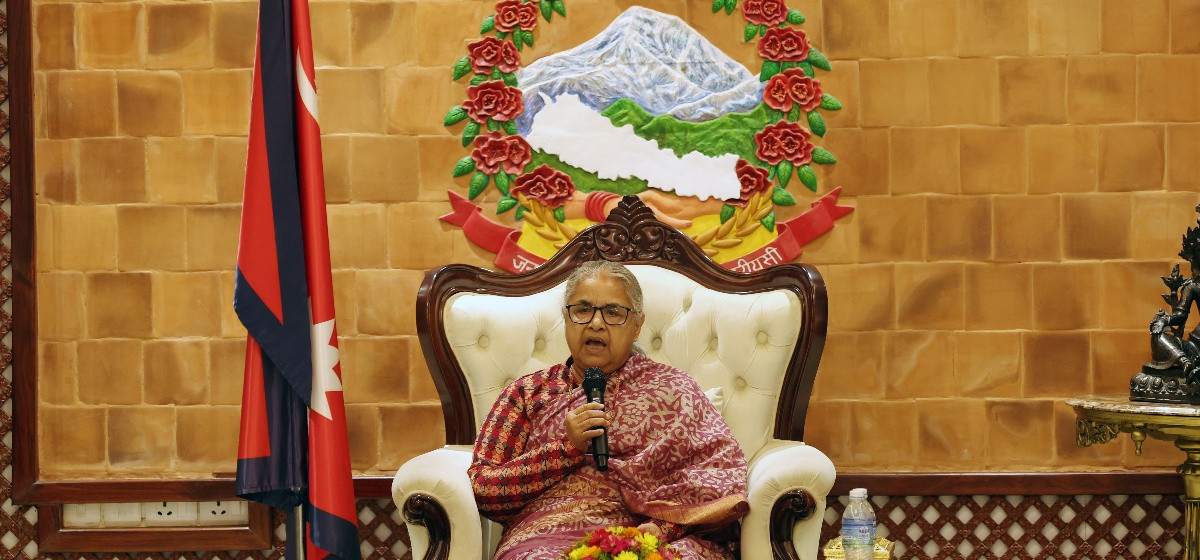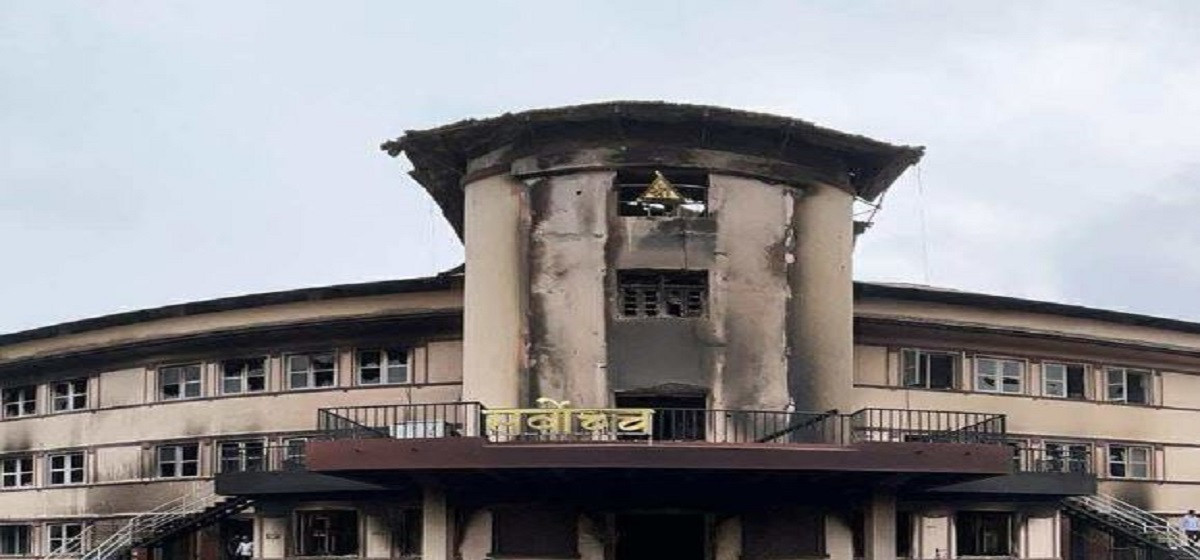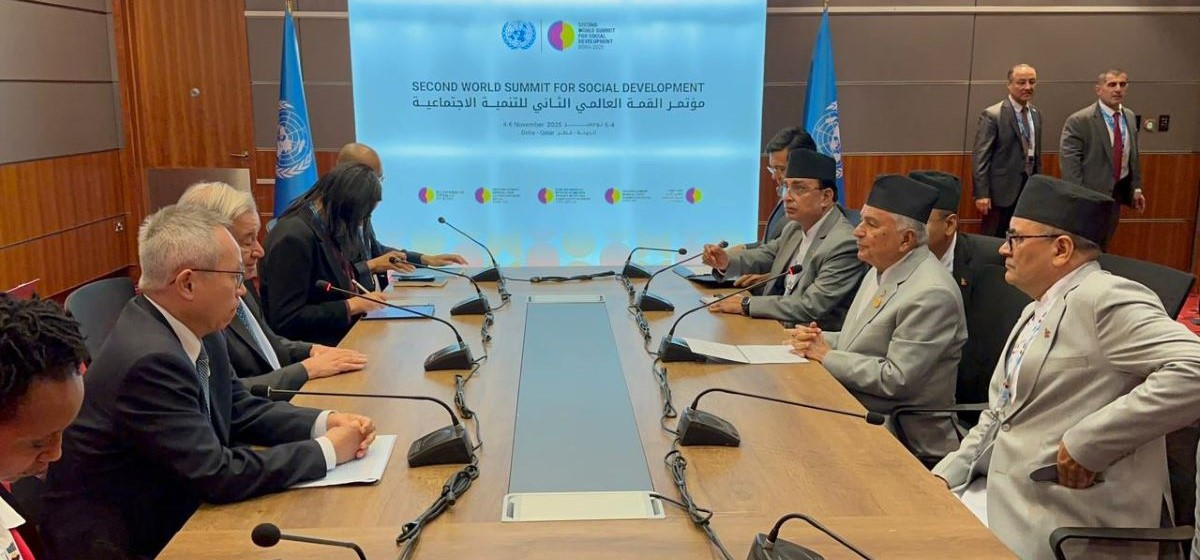MoF most likely to announce budget of around Rs 1.9 trillion, breaching the NPC set ceiling
KATHMANDU, May 28: Finance Minister Barshaman Pun will present the annual budget for the fiscal year 2024/25 before the joint session of parliaments on Tuesday.
Despite mounting pressure of inadequate revenue collection, the government is likely to announce a budget of around Rs 1.9 trillion for the next fiscal year. Although the government has been advised by various stakeholders to reduce the expenditure amount, it is possibly increasing the budget size by around Rs 150 billion, said an official at the Ministry of Finance (MoF).
Banks struggle with high NPLs amid protracted economic slowdow...

In the past, successive governments were found announcing inflated budgets with populous programs in the beginning. However, the budget size was cut down in the mid-term review, mainly due to the government’s inability to spend allocated amounts in the specified headings.
For the current fiscal year, the government initially unveiled a budget of Rs 1.751 trillion. Citing the inadequate financial resources, the government downsized the budget by 12.62 percent to Rs 1.530 trillion through the mid-term review.
The National Resource Estimates Committee (NREC) under the National Planning Commission (NPC) has given a budget ceiling of Rs 1.8 trillion to the government for the next fiscal year.
According to the law, the NREC must fix the ceiling of the budget for the next fiscal year by mid-February every year, while the government must not breach the limit given by the authority under the NPC.
However, the government by taking undue benefits of the loopholes in the law has moved ahead to raise the limit, due to the pressure exerted by Prime Minister Pushpa Kamal Dahal. According to the source, the NREC has raised the limit for assuming internal loans by the government to 5.5 percent from the existing 4.5 percent of the country’s GDP just to increase the threshold of the budget.
This time, the government is under pressure to address a number of challenges of the economy through the budget. While the need for systemic reforms to improve capital expenditure is in place, there is a growing call for revising the tax system to increase public revenue.
Chandra Dhakal, president of the Federation of Nepalese Chambers of Commerce and Industry, said the government should come up with necessary measures to boost the confidence of the country’s private businesses amid the ongoing economic slowdown. “The government has to focus on promoting a business-friendly environment while lifting up the aggregate demand and aggregate supply situation of the economy.”
While allocating funds in the budget, the government needs to consider only those projects that have completed necessary preparations. Last November, the Commission for the Investigation of Abuse of Authority suggested the federal, provincial and local governments only consider the ready-to-go projects in ‘project bank,’ while formulating the budget. The bank should have only those projects that are viable financially, technically and environmentally, the CIAA said.

